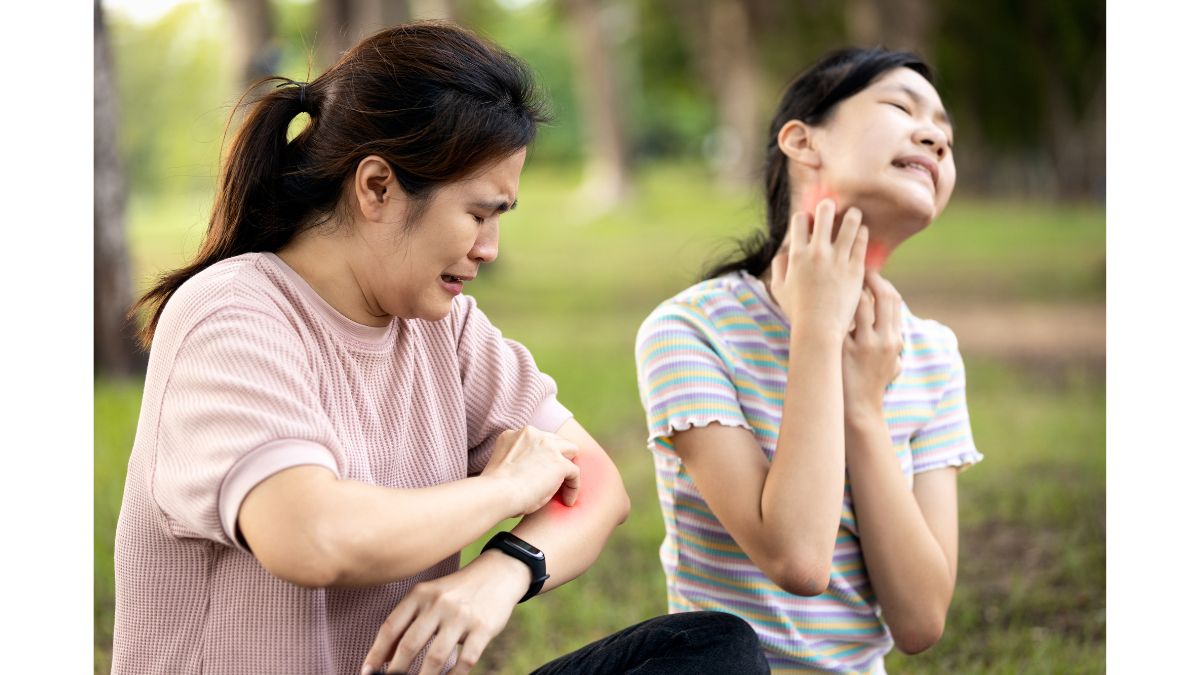- By Prerna Targhotra
- Mon, 08 Jul 2024 02:47 PM (IST)
- Source:JND
Dengue Fever: With the onset of monsoon in various parts of the country, the fear of dengue, malaria and other illnesses has been on the rise. Numerous cases of dengue fever have been reported in different parts of the country just at the beginning of the monsoon season. The risk of dengue escalates in monsoon due to the abundance of stagnant and contaminated water. This provides ideal breeding conditions for mosquitoes, which leads to an increase in infections.
Is High Fever A Major Symptom Of Dengue?
When we talk about symptoms of dengue, a high fever is often characterised as an important sign of dengue fever. Although symptoms usually begin four to six days after infection and last for up to 10 days and may include severe headaches, pain behind the eyes, severe joint and muscle pain, fatigue, nausea, vomiting, and skin rash, which appears two to five days after the onset of fever and mild bleeding (such a nose bleed, bleeding gums, or easy bruising). The WHO states that severe dengue symptoms often come after the fever has gone away and may include:
- severe abdominal pain
- persistent vomiting
- rapid breathing
- bleeding gums or nose
- fatigue
- restlessness
- blood in vomit or stool
- being very thirsty
- pale and cold skin
- feeling weak
When To See Doctor?
Severe dengue can be a life-threatening condition, therefore knowing when to see a doctor is extremely important. According to the Mayo Clinic, seek immediate medical attention if you've recently visited an area in which dengue fever is known to occur, you have had a fever and you develop any of the warning signs. Warning signs include severe stomach pain, vomiting, difficulty breathing, or blood in your nose, gums, vomit or stools.

Dengue Fever Symptoms (Image Credits: Canva)
Dengue Prevention Tips
Use insect repellants, and wear loose-fitting, long-sleeved shirts and pants.
Follow precautionary steps to prevent mosquito bites and protect yourself and your family.
You can also use a bed net if you are sleeping outside of your room.
Symptoms of dengue usually begin within 2 weeks after being bitten by the mosquito, therefore, if you feel any symptoms, seek immediate medical attention.
Change the water of your plants at least once a week to prevent mosquitoes from breeding.
Cover all water containers, tanks and water storage areas with tight lids to prevent it from getting contaminated.
ALSO READ: 5 Food Habits To Adopt In Monsoon To Maintain Your Health And Prevent Infections

